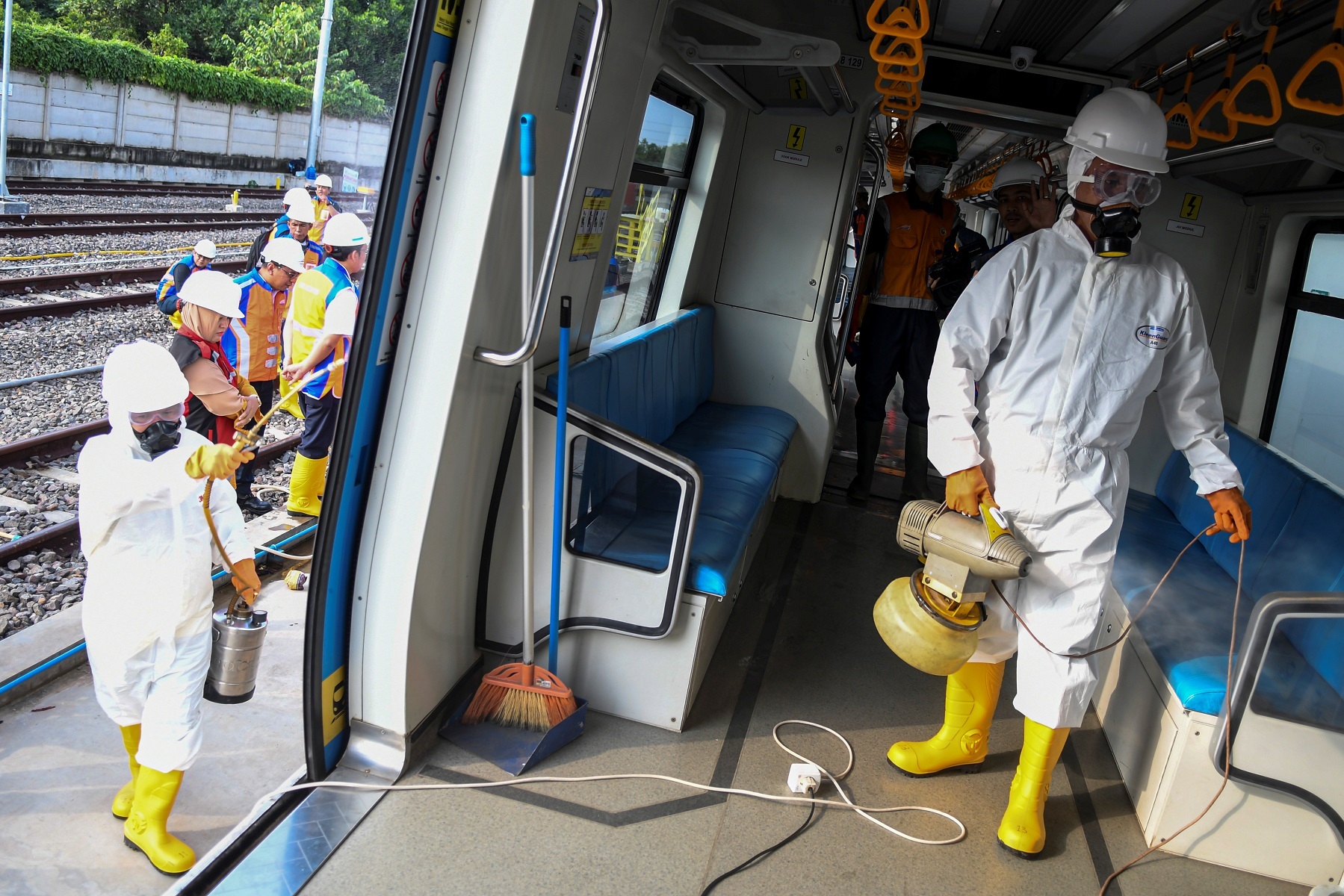Who would have thought that a virus, and not a particularly deadly one, would press the world’s kill switch? Who would believe in the beginning of this year that a measly flu-like germ with the name of a beer brand would paralyze aviation the world over, crash stock markets globally, start an oil-price war between OPEC and Russia, put entire countries under quarantine, shut down schools and universities the world over, cancel major sports events, and all within ten weeks?
In less than three months, COVID-19, a.k.a. Coronavirus disease, has taught us a lesson in humility before the forces of nature that we had refused to learn for more than a century. It taught us that our protections, safety nets, and struggles for power and dominance are useless when nature decides to play its tricks on us.
“Most of all, Coronavirus is teaching us a lesson in mutual responsibility. It is forcing us to recognize the painful fact that we are interconnected and interdependent the world over.”
Michael Laitman
But most of all, Coronavirus is teaching us a lesson in mutual responsibility. It is forcing us to recognize the painful fact that we are interconnected and interdependent the world over. Because when a virus that started in Wuhan, China, can kill your loved ones in Chicago, Illinois, don’t you wish your countries would not be embroiled in a trade war? Wouldn’t it be nice if countries could collaborate just once and take collective action to stop the spreading of the virus? Wouldn’t it be much more helpful if we realized that we are responsible for one another even when we are half way across the world and don’t want to hear about it?
A Wonder Drug for Earth
Ironically, this pathogen is like a wonder drug for Earth. For decades, we have been warned about the harm that overconsumption is doing to our planet. For decades, we have been told that we must restrain our greed, excessive depletion of natural resources, and the shopping frenzy that has become our favorite pastime. For decades, we have ignored the warnings. Now, nature is forcing us to simply stop: no flights, no shopping, no entertainment. Quarantine yourselves at home and reflect on your actions, your commitment to others, and theirs to you.
In truth, nature is kind; it could have taught us the same lesson with far more aggressive measures. It could have caused a nuclear disaster like the one in Chernobyl or an earthquake like the one that devastated the nuclear plant in Fukushima, Japan. It could have made Ebola far more contagious and destroy half of humanity. It could do a million things we cannot even imagine that would all but obliterate humanity. But it is not; it is giving us a chance to reflect on how we live and start living more responsibly toward each other and the planet that is our common home.
Now it is time for us to help each other learn to care for one another. It cannot happen if we try alone, but since we’re all trapped already in one boat, much like the passengers on the virus-hit Diamond Princess in Japan and the Grand Princess in California, we should all embrace mutual responsibility and start building a more balanced and considerate way of life. Evidently, nature has a far greater cache of penitentiary measures than we can ever counteract. So far, it has been merciful and gentle with humanity; we do not want it to pick up the stick.
The world we live in now is the brainchild of our egocentric mindset. If we do not change our thinking, the world will not change for the better however we may try to replace fossil fuels with renewable energy and diminish deforestation. But if, instead of our current attitude, we will begin to nurture mutual consideration and responsibility, our world will reflect it and will transform in sync with our new state of mind.
It is written, “They who sow the wind, reap the storm” (Hosea 8:7). If we sow egoism, we will reap its consequences many times over. The current crisis is but a sample of what might happen. But likewise, if all of us aboard the ship called Planet Earth, sowed mutual care and mutual responsibility, what would we reap? Can we even begin to imagine the benefits?
Maybe now, when everything is put on hold, we should take a moment to reflect on our mindsets and start reforming the relationships in our lives. Maybe now is our chance to reverse course, to start imagining different courses for our lives. Maybe now we should start thinking less in terms of me and mine, and more in terms of community, society, and humanity. After all, who knows how many more breaks nature will give us?


